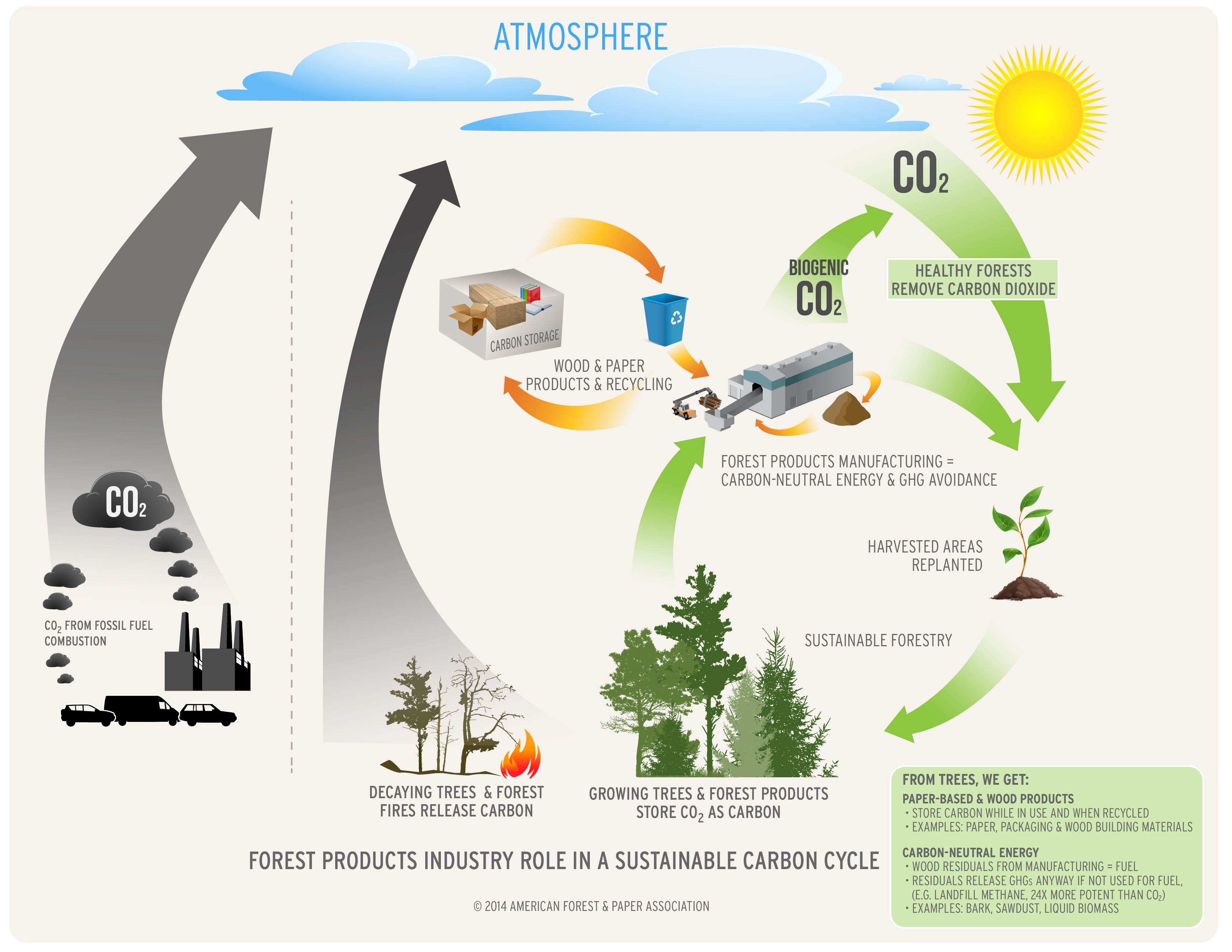
These corporate buyers are also going to be under increasing pressure for their carbon offsets purchases to be legitimate, and this should serve to force better quality control on the projects themselves. But others will work to establish the conditions for actual market success.

When real commitments are put in place by companies, some will look to greenwash their way to meeting those commitments. Many of the criticisms described above should look really familiar to project developers (aside from the “indulgences” argument, probably), in that they come down to contractual obligations, operational executions, and price and volume certainty.Īnd the private sector buyers increasingly interested in acquiring carbon offsets more naturally understand this now than previous generations of voluntary buyers. That’s because project finance is really at the heart of this market. These are definitely not interchangeable markets with true fungibility between them, and yet the wave of demand is such that it’s still driving up prices across the board, with some now projecting that a $100/ton price for carbon will become commonplace.īesides the surge in demand for these credits, we’re also seeing early signs that the voluntary involvement of private sector buyers could help create the conditions for a more efficacious market for carbon offset project development. There are compliance markets and voluntary markets for carbon offsets, and a thousand different micro-markets for various solutions.

That is what is now creating a big demand surge for offset projects.


 0 kommentar(er)
0 kommentar(er)
